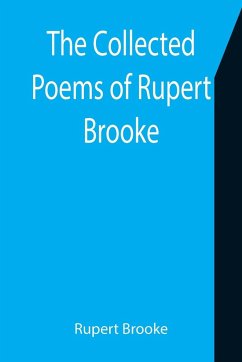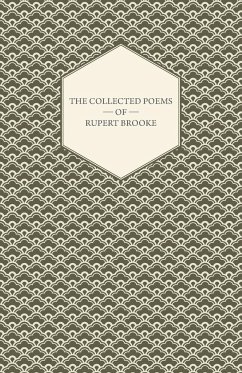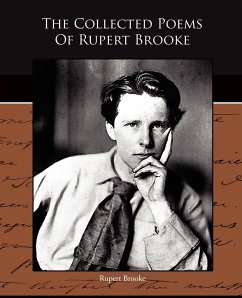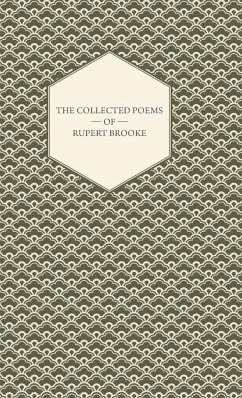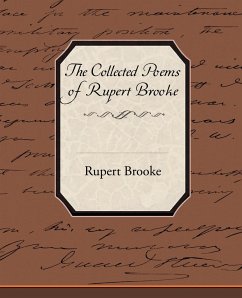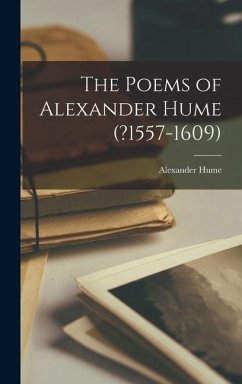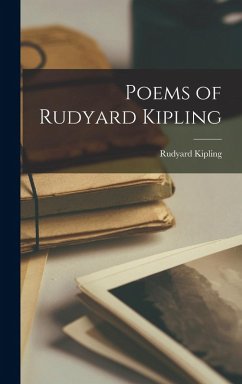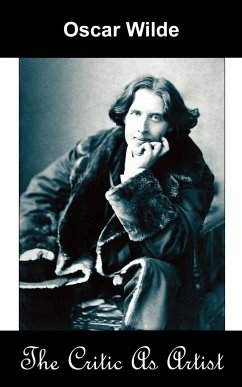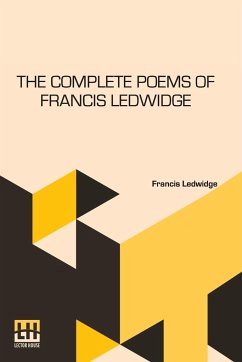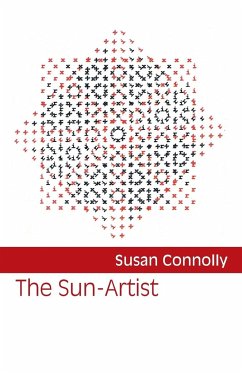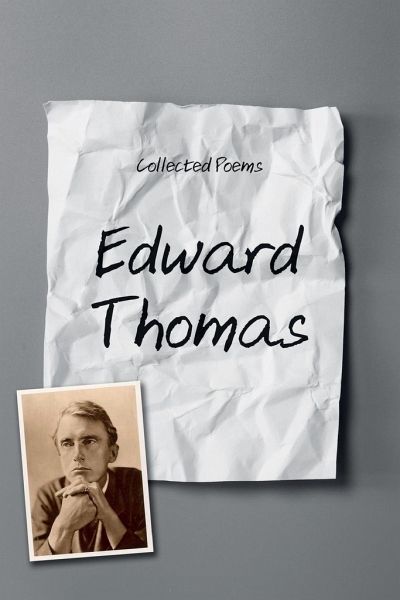
Collected Poems
Versandkostenfrei!
Versandfertig in 1-2 Wochen
19,99 €
inkl. MwSt.
Weitere Ausgaben:

PAYBACK Punkte
10 °P sammeln!
"A clearer and tenderer reflection can be found no other where than in these poems." Writes Walter de la Mare in the preface. This book is an expression of feelings and thoughts every reader can relate to. Thomas' poetry is clear of sophisticated language and intricate metaphors, it's the most candid form of art, he wrote what he thought and felt and he did it beautifully. "The intensity of solitude, this impassioned, almost trancelike, delight in things natural, simple, 'short-lived and happy-seeming,' 'lovely of motion, shape and hue,' is expressed- even when the clouds of melancholy and of ...
"A clearer and tenderer reflection can be found no other where than in these poems." Writes Walter de la Mare in the preface. This book is an expression of feelings and thoughts every reader can relate to. Thomas' poetry is clear of sophisticated language and intricate metaphors, it's the most candid form of art, he wrote what he thought and felt and he did it beautifully. "The intensity of solitude, this impassioned, almost trancelike, delight in things natural, simple, 'short-lived and happy-seeming,' 'lovely of motion, shape and hue,' is expressed- even when the clouds of melancholy and of self-distrust lour darkest- on every page of this book." "Thomas have written some of the most remarkable poems in the language. They are of elusive experiences, of moods and thoughts and feelings that are so difficult to clarify they require the simplest of words." Writes Adam Philips in The Guardian. Some of his poems are about his war experiences, some about the countryside of England, and many about the beauty of nature and birds, and his thoughts about everyday-things. British poet Ted Hughes describes Thomas as "the father of us all." And FR Leavis writes that, "He was exquisitely sincere and sensitive, and he succeeded in expressing in poetry a representative modern sensibility." "Yes. I remember Adlestrop- The name, because one afternoon Of heat the express-train drew up there Unwontedly. It was late June." ~Edward Thomas, Adlestrop





